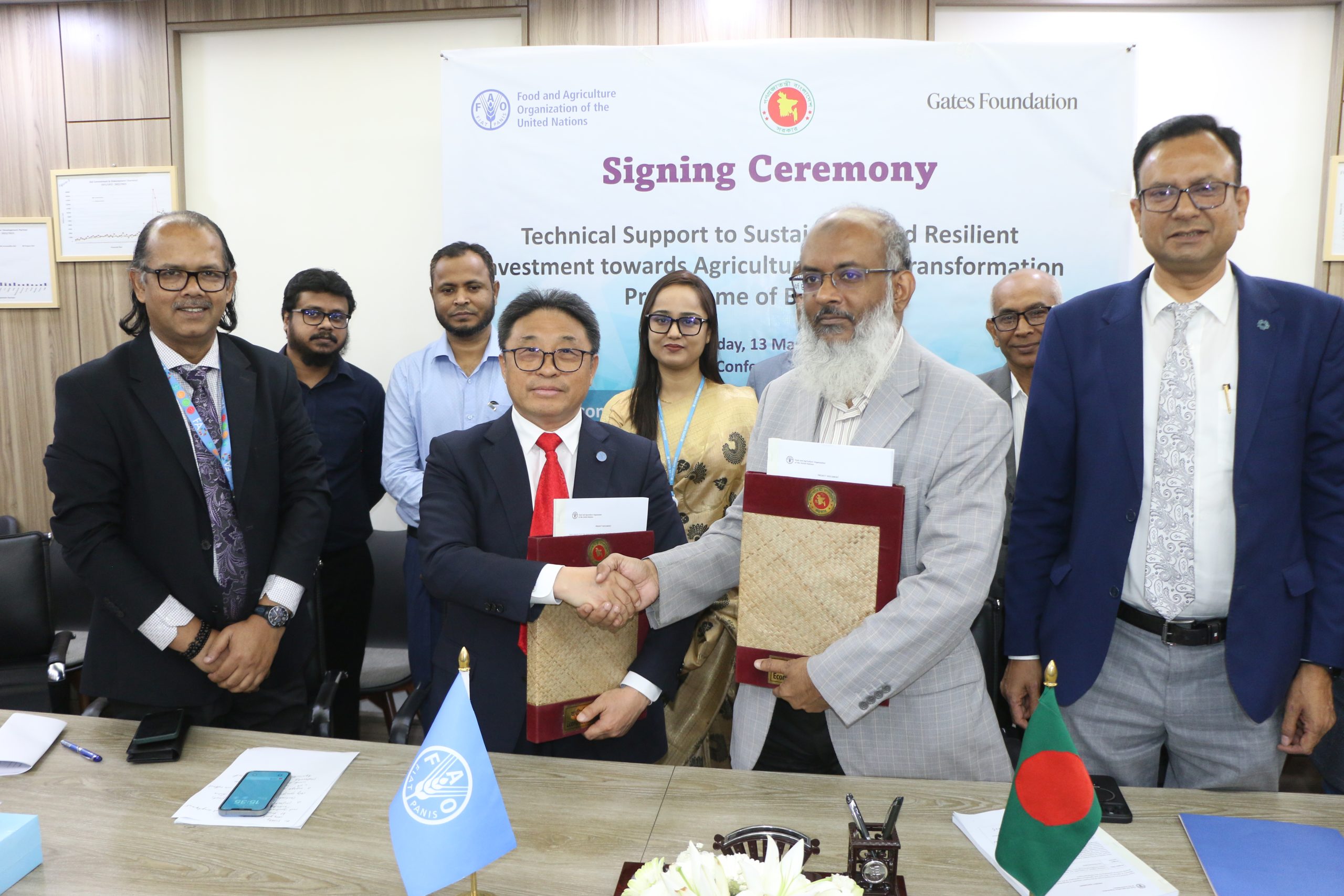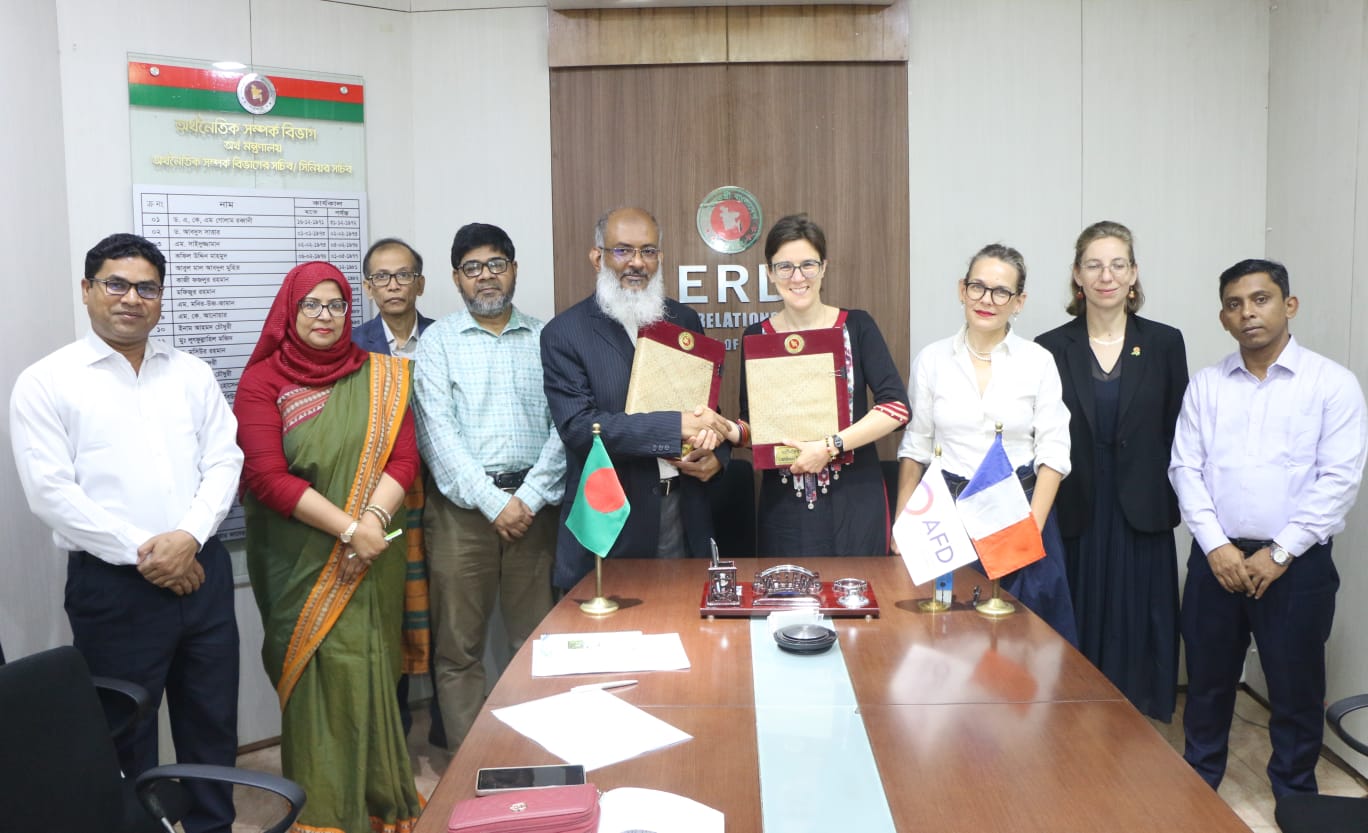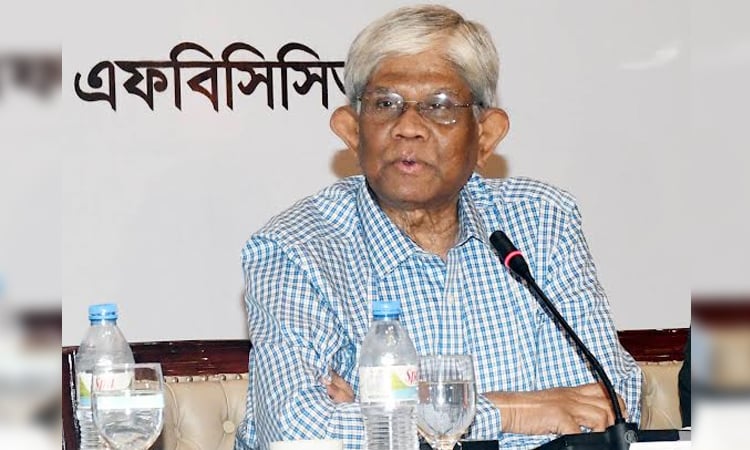
A significant project agreement titled Technical Support to Agriculture Sector Transformation Programme of Bangladesh was signed on Thursday between the Economic Relations Division (ERD) of Bangladesh and the Food and Agriculture Organization of the United Nations (FAO). The agreement, valued at $4.36 million (approximately Tk 45 crore), aims to enhance the country’s agriculture sector in line with the National Agriculture Policy (2018) and the broader objectives of the Agriculture Sector Transformation Programme (ATP).
The signing ceremony took place at the Economic Relations Division, with Md Shahriar Kader Siddiky, Secretary of ERD, representing Bangladesh, and Jiaoqun Shi, FAO Representative in Bangladesh, signing on behalf of the FAO.
The ATP, initiated by the Ministry of Agriculture, seeks to boost agricultural production and productivity, promote diversification, improve post-harvest management, and enhance food planning, processing, marketing, and commercialization. The project will support these objectives by coordinating the various activities under the ATP and aligning them with national goals for agricultural growth and sustainability.
Under the terms of the agreement, the Bangladesh Agricultural Research Council (BARC) will act as the lead executing agency for the project, with key collaboration from the Bangladesh Agricultural Research Institute (BARI), Bangladesh Rice Research Institute (BRRI), Department of Agricultural Extension (DAE), and Bangladesh Agricultural Development Corporation (BADC). These agencies, all operating under the Ministry of Agriculture, will work together to implement the project over the next 38 months.
This initiative is part of FAO’s continued support to Bangladesh, where it has been a trusted partner since the country became a member in 1973. Over the years, FAO has implemented 419 projects in Bangladesh, spanning various sectors including agriculture, fisheries, livestock, and environmental management. The FAO’s support aims to help Bangladesh meet its Sustainable Development Goals (SDGs) and align its agricultural sector with global standards of sustainability, inclusivity, and resilience.
The FAO’s Country Programming Framework (2022-2026) provides the foundation for this new partnership, focusing on building efficient, inclusive, and resilient agri-food systems that promote better production, nutrition, and environmental sustainability, contributing to a better life for all, without leaving anyone behind.
The successful execution of this project will play a crucial role in transforming Bangladesh’s agricultural landscape and improving the livelihoods of millions of farmers and rural communities across the country.








